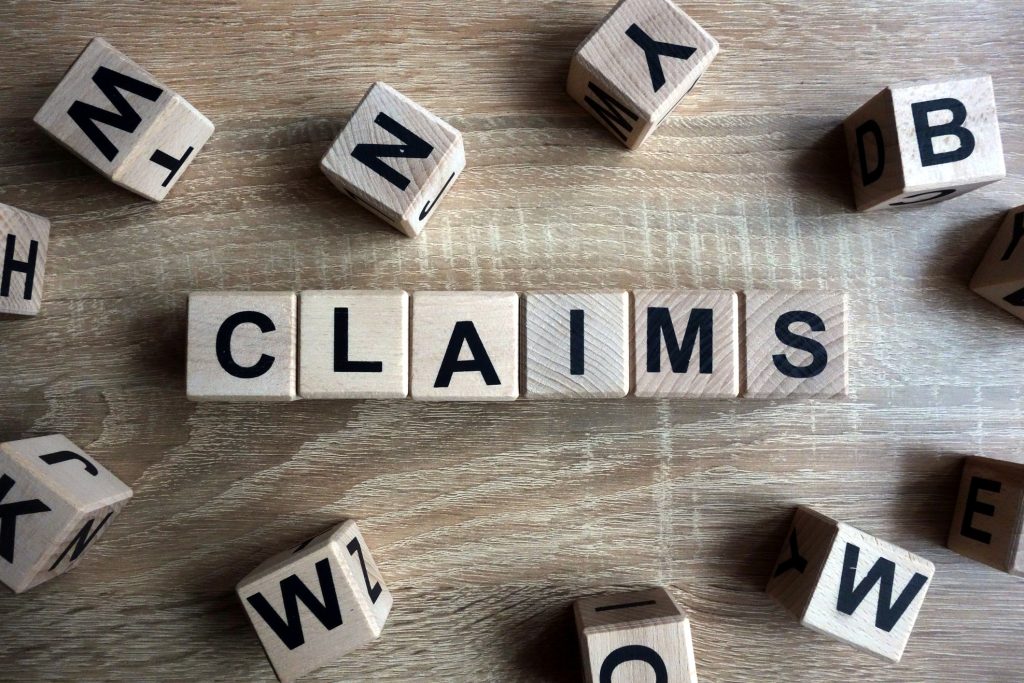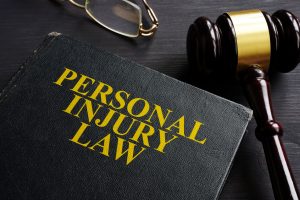If you have been involved in a civil lawsuit, such as a personal injury claim, the term liability or liable party can come up quite often. Liability refers to the legal responsibility for harm suffered by another party. As such, the liable party is responsible for the harm suffered by a claimant and has the legal duty to compensate them for their losses. In most cases, parties in an accident will not readily accept liability, even when fault may be straightforward. This is where involving a lawyer becomes critical, as they can help you prove liability and recover damages in a lawsuit.
Types Of Liability Lawsuits
Liability can apply in negligence-based tort claims, intentional tort claims, and in strict liability claims.
Negligence Liability Claims
Under negligence-based claims, an at-fault party can only be held liable if you can show that they owed you a duty of care that they failed to uphold, resulting in an incident that caused you harm. However, in cases like those handled by Geoff Brown, where a duty of care is clearly demonstrated, the at-fault party may be held accountable for their actions.
For example, drivers assume a duty of care for other road users when they get on the road. If they fail to uphold this duty by talking on the phone while driving, they can be held liable for the victim's harm.
Liability For Intentional Tort
In international liability claims, the claimant only needs to show that you intentionally caused them harm, for example, if you assaulted them. You do not have to prove your case beyond a reasonable doubt.
So, even if a defendant does not get a conviction for the underlying criminal offense, you could still recover compensation if you show that they more likely caused you harm.
Strict Liability
Strict liability applies to specific claims, such as faulty product claims and animal attack claims. Under this doctrine, the defendant's attempt at exercising reasonable care doesn't absolve them of liability.
The claimant only needs to show that their action or inaction was the cause of injury. For example, if a dog escapes a well-fenced-off compound and attacks a person, the fencing off, though reasonable care, cannot absolve the dog owner of the legal responsibility for the harm it causes.
How To Prove Liability
Different cases require different approaches to proving liability. However, some general similarities exist, irrespective of the type of claim. For example, you will need evidence to prove your case.
Evidence can include pictures and video footage of the scene or injuries, employment records, receipts, invoices, bank statements, medical records, police reports, and witness reports. After the evidence, you will need a lawyer to make sense of it through organization and presentation to yield the optimal result based on your circumstances.
Shared Liability
In some cases, the parties involved in an accident can share liability. Pennsylvania is a 51 percent modified comparative negligence state, meaning you have a right to compensation if you are not more than 51 percent at fault in an accident.
For lower percentages of fault, your recoverable damages will be relative to your fault. For example, if you are 40 percent at fault, you can only recover 60 percent of the settlement.
Pennsylvania offers drivers a choice between fault and no-fault insurance coverage for car drivers. If you are under no-fault coverage, you must seek compensation from your insurer and can only sue the at-fault party if your damages exceed your PIP coverage limit. If you use the fault-based option, you must seek compensation from the at-fault insurer.
Conclusion
In simple terms, liability means being responsible for something, like causing harm to someone. If you're hurt because of someone else's actions, they might have to pay for your damages. To prove this, you need evidence, like photos or reports, and a lawyer to help you organize it. In some cases, more than one person might share responsibility, which can affect how much you get. Understanding these rules is important, and having a lawyer can help you make sure you get the compensation you deserve.






















